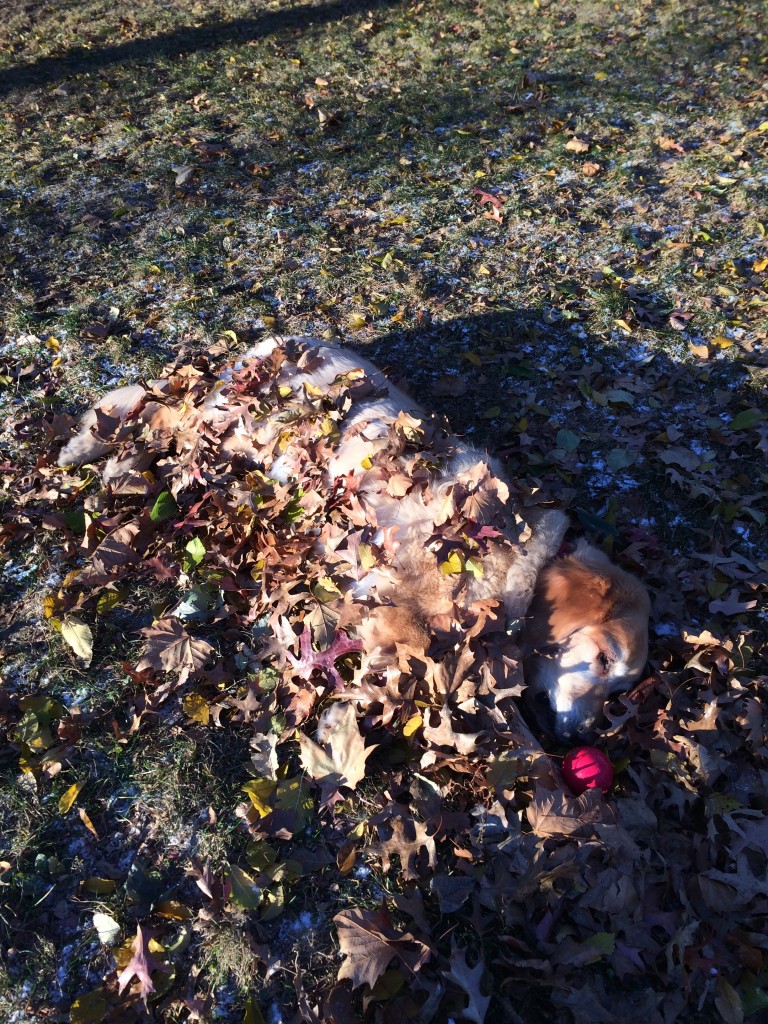 Playbill to the National Theatre of Great Britain’s brilliant play, War Horse, states, “A total of eight million horses died during World War I. One million English horses were taken to France to be used by the British Army. Only 62,000 of them were brought back to England.”
Playbill to the National Theatre of Great Britain’s brilliant play, War Horse, states, “A total of eight million horses died during World War I. One million English horses were taken to France to be used by the British Army. Only 62,000 of them were brought back to England.”
Oh my. I wish I had done my homework before heading to the Vivien Beaumont Theatre at Lincoln Center last night.
War Horse is a remarkable production of heart wrenching emotion rooted in terrible fact. The story is of the bond between Albert and his horse, Joey, a bond that is broken when Joey is sold to the cavalry and sent to the trenches.
“The engagement of war was revolutionized during World War I,” continues the play’s notes, “when the surprise, speed, precision and ruthlessness of the horse cavalry was upended by the introduction of barbed wire and automatic machine guns.” And by the end of the war in 1918 the horse had been replaced by the tank.
It was slaughter.
Last night was heart-breaking, and so alive was Joey that, from the very start, I breathed with him, ached for him, flinched at the whip, dreaded the barbed wire. The horses are inhabited by men remarkable for their stamina, their gracefulness, the delicacy of their movement. And surely they must become horse in the course of the evening.
I wept silently yet uncontrollably; I am not capable of emotional distance in the face of an animal’s pain nor an animal’s love. I was distraught. And, so, I made it through until intermission and then left. Reluctantly, sadly, but self protectively.
If you are made of sterner stuff, see it. And for a taste, look at this short video:

Leaves with ball. Oh the joy of Autumn!
" ["post_title"]=> string(16) "Oliver in Leaves" ["post_excerpt"]=> string(0) "" ["post_status"]=> string(7) "publish" ["comment_status"]=> string(4) "open" ["ping_status"]=> string(6) "closed" ["post_password"]=> string(0) "" ["post_name"]=> string(16) "oliver-in-leaves" ["to_ping"]=> string(0) "" ["pinged"]=> string(0) "" ["post_modified"]=> string(19) "2016-10-28 11:49:59" ["post_modified_gmt"]=> string(19) "2016-10-28 15:49:59" ["post_content_filtered"]=> string(0) "" ["post_parent"]=> int(0) ["guid"]=> string(31) "http://lisalindblad.com/?p=3585" ["menu_order"]=> int(0) ["post_type"]=> string(4) "post" ["post_mime_type"]=> string(0) "" ["comment_count"]=> string(1) "0" ["filter"]=> string(3) "raw" } }